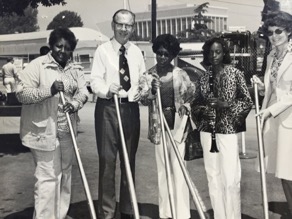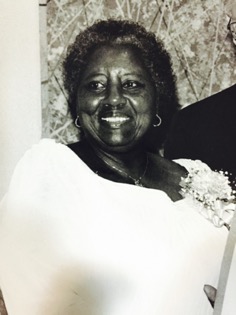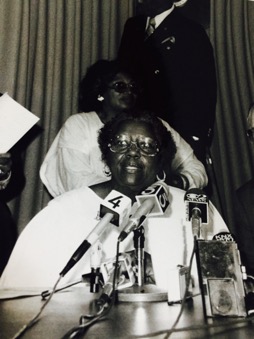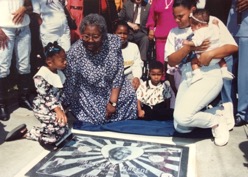Meet Dr. Kofi-Charu Nat Turner | Community Engaged Scholar & Author
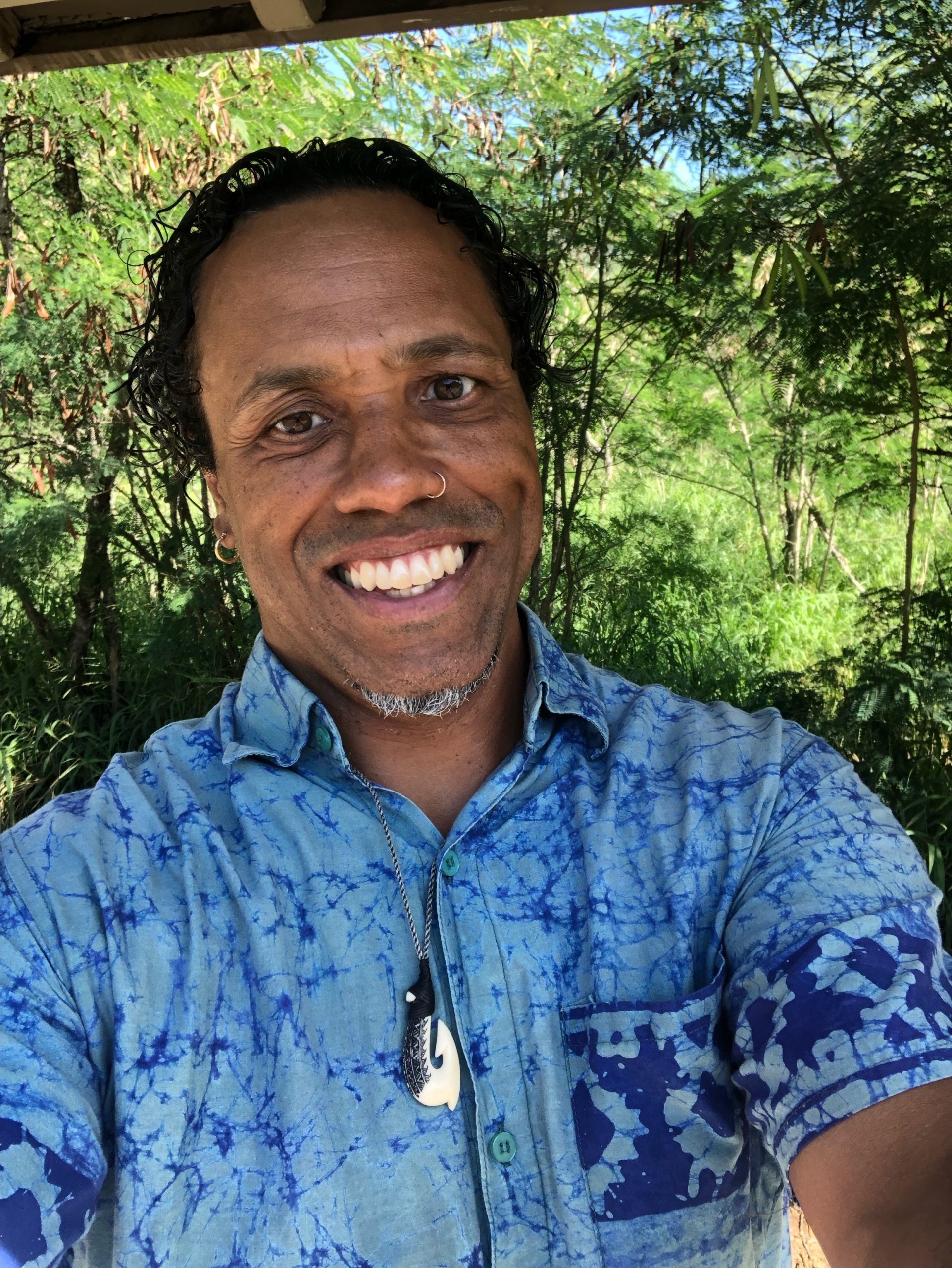

We had the good fortune of connecting with Dr. Kofi-Charu Nat Turner and we’ve shared our conversation below.
Hi Dr. Kofi-Charu Nat, how has your background shaped the person you are today?
I’m from Inglewood, California and got to grow up near my grandmother, Caffie Greene, one of the most distinguished civil rights leaders in Los Angeles history. Being brought up by activist parents and alongside my grandma in South Los Angeles meant serving the community and not just yourself was a highly praised value in my family and led me into teaching and how I found the spiritual foundation of my activism as a student of Africana Studies studying abroad and teaching in Ghana. Today all of my work seeks to engage and support historically underserved youth, K-12 teachers and administrators utilizing mindfulness and other embodied practices to heal the intergenerational trauma associated with white body supremacy.

Can you open up a bit about your work and career? We’re big fans and we’d love for our community to learn more about your work.
As a ceaseless seeker of knowledge, Dr. Turner’s research and courses span the areas of language and literacy practices of culturally and linguistically diverse urban adolescents (particularly African Americans) in school and non-school settings; racial justice/reparations in education; hip hop culture; and emergent technologies. Dr. Turner received degrees from UC Berkeley, Harvard and Brown University. Currently, Dr. Turner is a Tenured Professor and is Chair of the Department of Teacher Education and Curriculum Studies in the College of Education at the University of Massachusetts, Amherst.
Dr. Turner has an established reputation as an educator and social justice organizer over the last 25 years working in schools in the U.S., Ghana and Japan and has secured grant funding from the National Science (NSF), Spencer and Mellon Foundations. Dr. Turner founded the Komenda Community Library (Ghana) and the Bridging the Gap Conference (Berkeley, CA) which facilitates an intergenerational dialogue between the Black Power/Civil Rights generation and the Hip Hop generation aimed at achieving black reparations.
The Caffie Greene book, recounts Greene’s unrelenting opposition to exploitation, her commitment to activism, ability to give voice to the concerns of her community. To this point Greene had been written out of L.A.’s history of the Black Freedom struggle along with the the dynamic group of mothers that formed an independent base of political power in South Los Angeles.
Caffie Greene and The Mothers of South L.A. had the ability to affect public policy and to influence politicians during much of the 20th century. Because they were women, because they led campaigns for racial equality at the grassroots, and because of their location in a vast metropolitan base on the West coast, their story has been rendered invisible—until now. We have a chance to open the door to this untold history, but our purpose must not be simply to celebrate their achievements. No. We look to Greene to understand how she organized, inspired, taught and built institutions in her community. We study the Mothers of South L.A. so that we might learn how to support the youth of the 21st century – still too often relegated to the margins of society by a lack of equity in education – who face the very issues that made Caffie Greene declare more than once, “Hell naw…it ain’t happening like that!”
The Greene family, the community activists, politicians and scholars who contributed to this volume know that we cannot afford to erase Caffie Greene and her legacy. If the history of key figures whose struggles and victories are well documented can be hidden from us, we don’t stand a chance. This book gathers and systematizes the documents on Caffie Greene that place her firmly in the forefront. Her lessons are lessons for future generations. That is the meaning of this book. When Greene said in 1980, “I’ve been picketing all my life,” she meant exactly that. The emphasis is on the word “all.” Her sustained effort is our call to action.
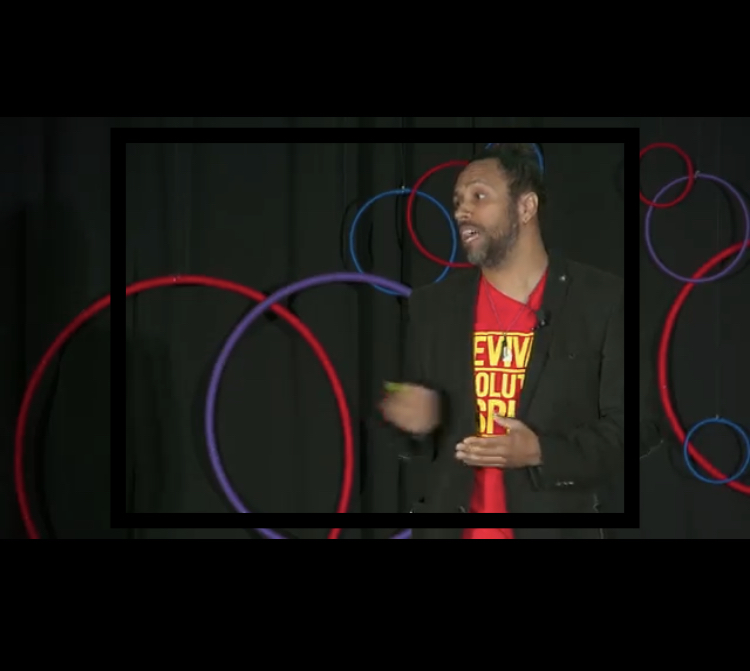
Let’s say your best friend was visiting the area and you wanted to show them the best time ever. Where would you take them? Give us a little itinerary – say it was a week long trip, where would you eat, drink, visit, hang out, etc.
I would take you to 4 key places in the life of Caffie Greene, one of the most distinguished civil rights leaders in Los Angeles history.
The Teen Post at 79th and Central Ave. (1964-1965) where Caffie Greene mentored youth who formed the Radicals which later became the core nucleus for the South California chapter of the Black Panther Party.
The Dr. Martin Luther King Jr. General Hospital & Charles R. Drew University of Medicine and Science at 120th and Wilmington Avenue (1968) where the groundbreaking ceremonies were held with Caffie Greene and Kenny Hahn.
Charles R. Drew Medical Magnet High School at 1601 East 120th Street, (1977) a magnet high school Caffie Greene helped found that habitually boasts the highest combined number of Black and Latinx students out of all high schools in the United States accepted at UC Berkeley and UCLA.
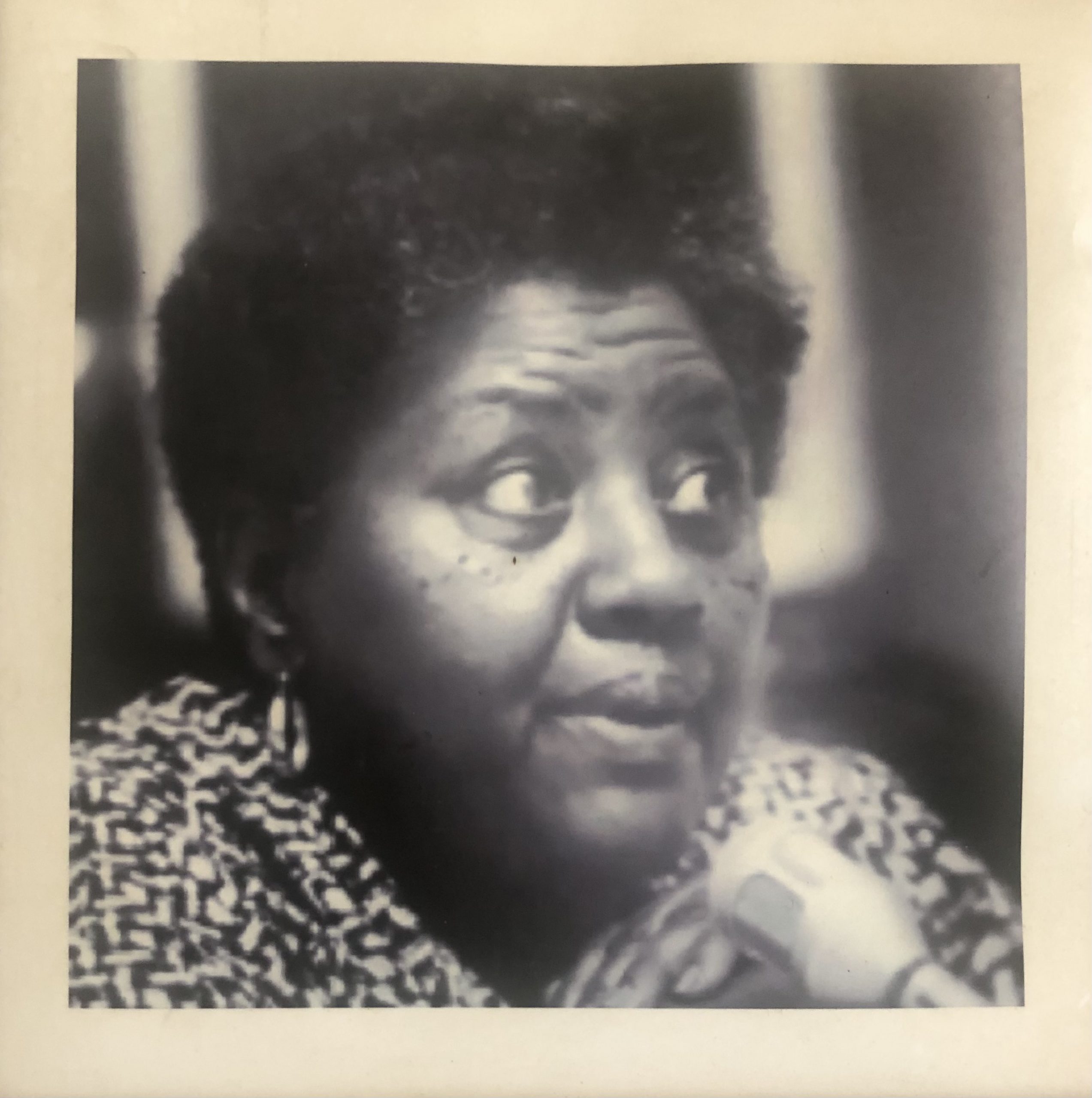
Shoutout is all about shouting out others who you feel deserve additional recognition and exposure. Who would you like to shoutout?
The committed group of black women organizers, led by Penny Greene (daughter), Shavonda Greene (granddaughter) Bryana Turner (granddaughter), Jacqueline Jacquet-Williams (niece), Lena Cole Dennis, Gael Davis, Jemilah Renee Chappelle, Trenna Bourland who all met with me tirelessly and gave their patience, guidance, support and suggestions throughout the process. I owe you an eternal debt of gratitude.
Additionally I was trained in dynamic mindfulness (DMind) at the Niroga Institute (Oakland, CA) an organization committed to promoting equity through trauma-informed Dynamic Mindfulness practices, empowering individuals and communities to build resilience, empathy, and well-being.
Website: https://www.umass.edu/education/about/directory/kofi-charu-nat-turner
Youtube: https://www.youtube.com/watch?v=AuNBew8AquI
